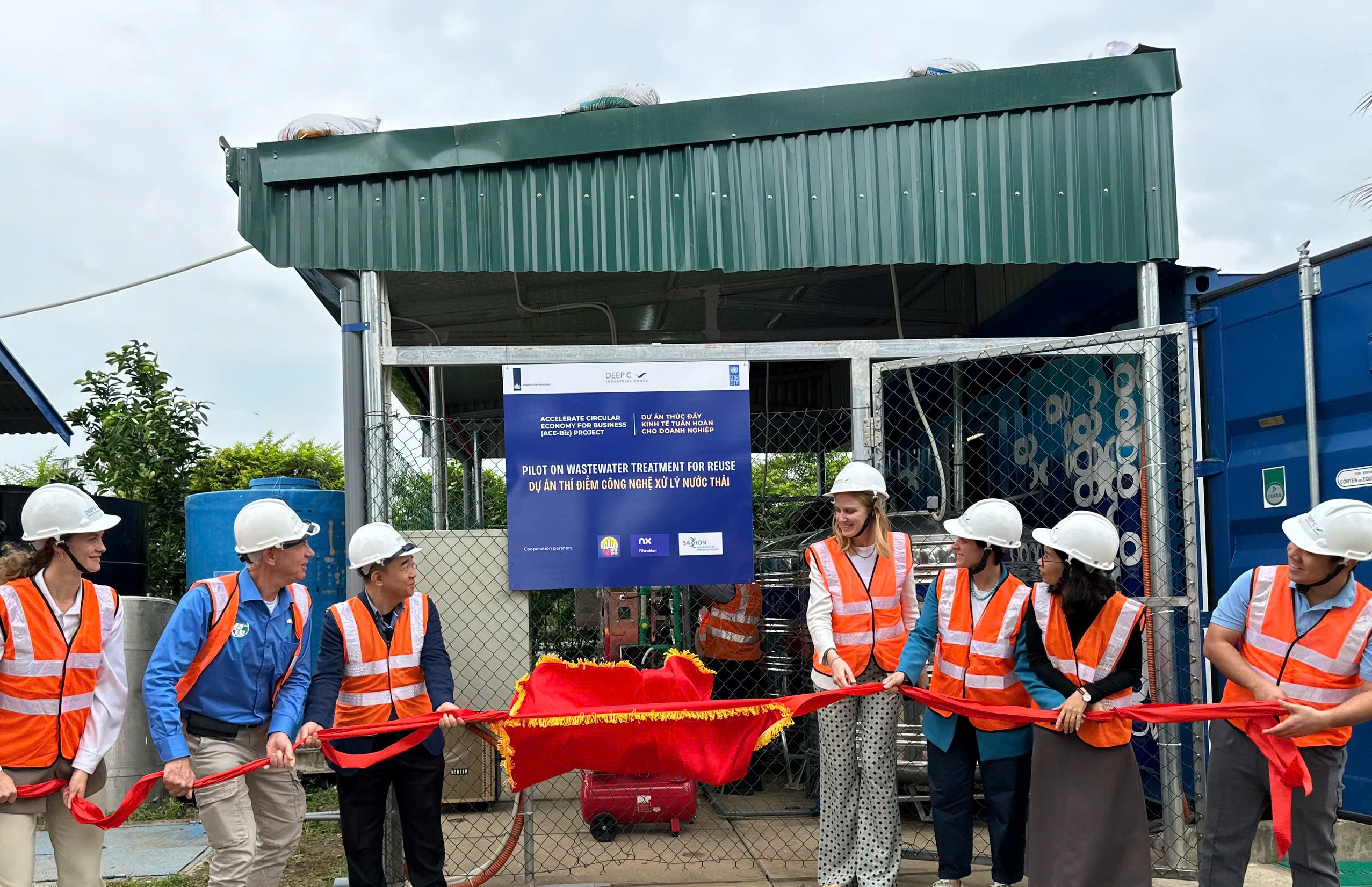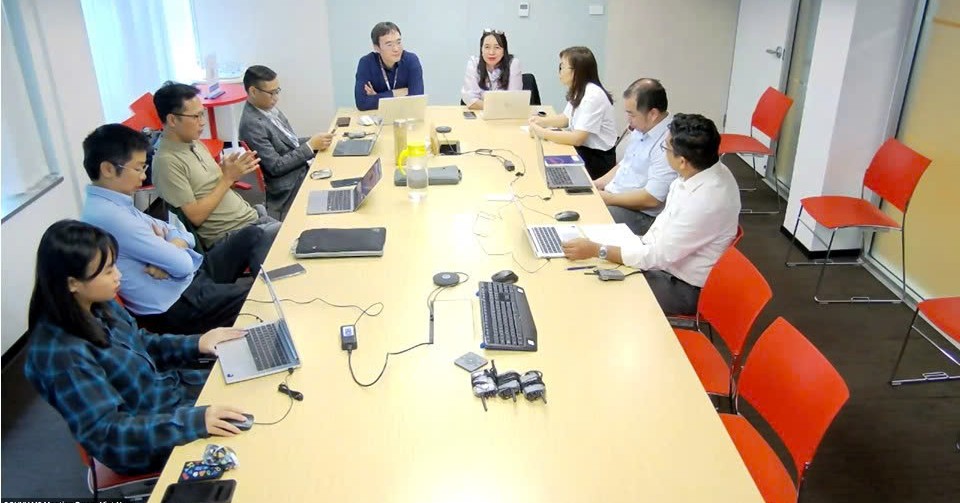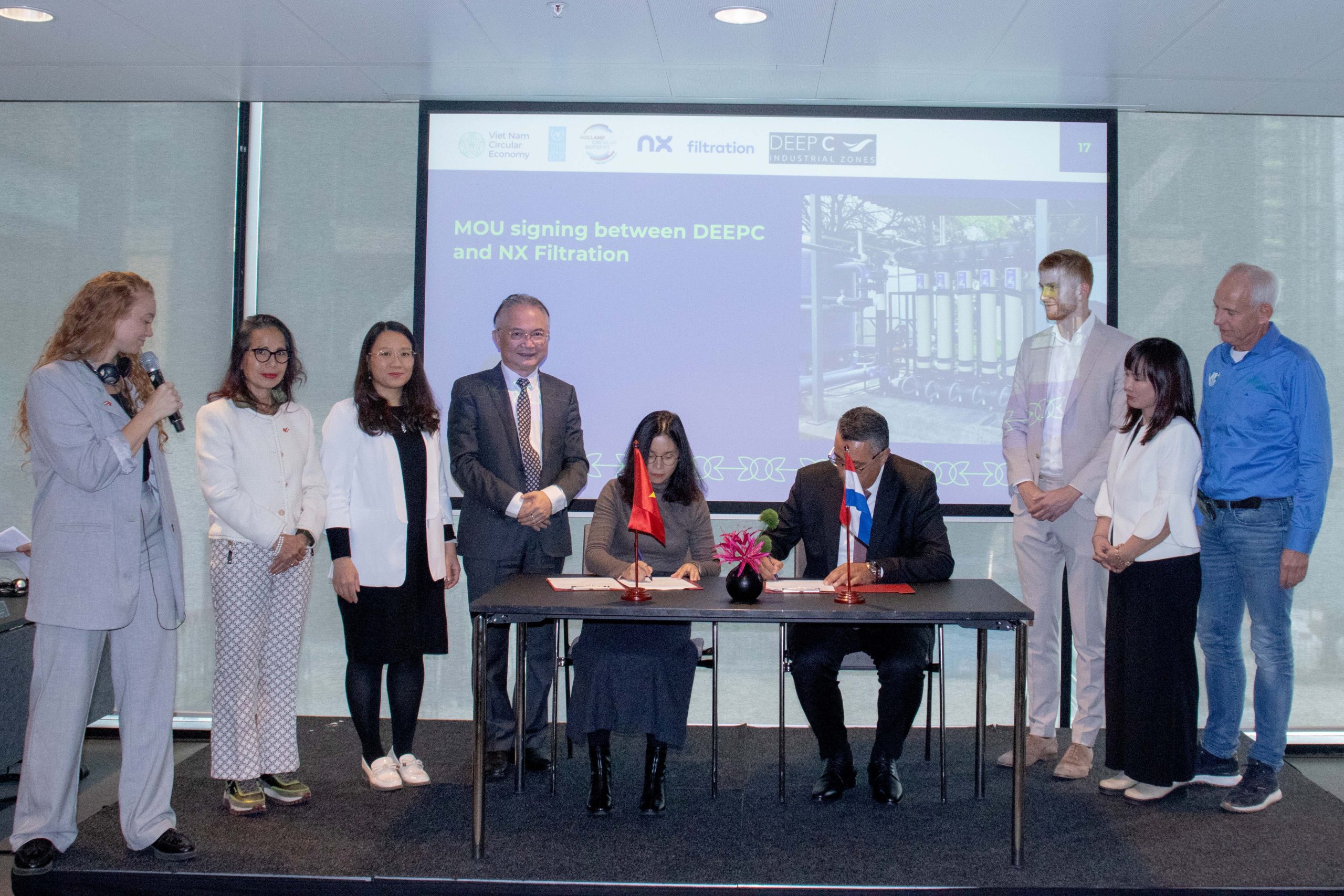In the context of economic development and integration, the world is facing many challenges in terms of resource depletion, pollution, environmental degradation, and climate change. Sustainable development is an inevitable trend in the development strategy of all countries. Along with a green economy and low carbon economy, the circular economy is the solution to sustainable development. The promotion of action according to the circular economy model contributes to realizing the commitment to achieve net zero emissions, thereby bringing many benefits to the country, community, and businesses.
As a cross-cutting and important goal for businesses to maintain the circular economy model practice, the concept of sustainable development is included in the curriculum framework of the Circular Economy Capacity Building training course for enterprises and shared by Dr. Nguyen Thi Xuan Thang – expert on Sustainable Development, Sustainable Production, and Consumption.
Dr. Nguyen Thi Xuan Thang shared the inevitable trend of sustainable development from international, national, and business perspectives, and related concepts of sustainable development.

Accordingly, sustainable development is a development process with a close, reasonable and harmonious combination of the three pillars of development, including economic development (focusing on economic growth), social development (focusing on social progress and justice; poverty reduction and job creation) and environmental protection (focusing on pollution treatment, remediation, rehabilitation, and quality improvement) environment; fire prevention and deforestation; rational exploitation and economical use of natural resources).
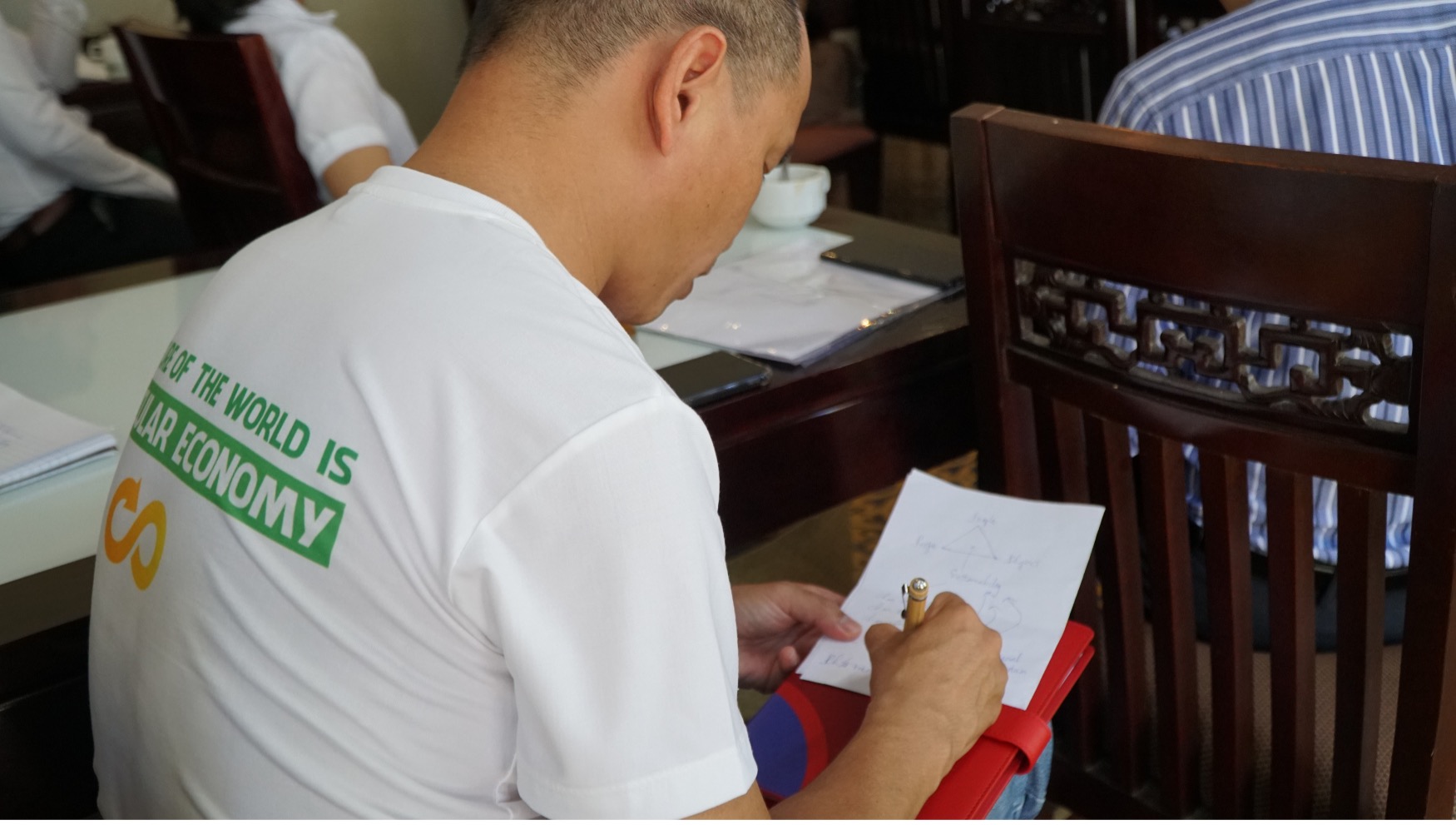
After being introduced to the inevitable trends, concepts, and benefits that sustainable development brings, businesses have actively shared their experiences and development models. Some businesses have been ensuring sustainable development, while others are still facing many difficulties in balancing economic development – implementing social responsibility – and protecting the environment.

The circular economy is linked to the 17 Sustainable Development Goals (SDGs) of the 2030 Agenda adopted in 2015, such as ending all forms of poverty, in cities and communities, sustainable community, promoting industrialization, inclusive and sustainable growth, ensuring sustainable production and consumption, timely and effective response to climate change and natural disasters…
Dr. Nguyen Thi Xuan Thang also pointed out that one of the important approaches of the circular economy is sustainable consumption and production (SCP). Sustainable production is understood as the exploitation of resources in a more economic and efficient way, reducing waste and protecting the environment, while sustainable consumption is the consumption of products and services that meet the demand efficiently while minimizing negative environmental, social, and economic impacts. Changing awareness and actions on sustainable development requires the participation of the whole political system, ministries, branches, localities, agencies, businesses, and international organizations.
Also at the COP26 Conference taking place in Glasgow, Scotland, the United Kingdom in November 2021, the Government of Viet Nam has committed to achieving net zero emissions by 2050, clearly demonstrating that sustainable development is inevitable. In the future, businesses will also receive a lot of support to achieve sustainable development goals, but the initial economic difficulties when converting to development make businesses worry.
That is why, Dr. Nguyen Thi Xuan Thang emphasized the importance of a sustainable development plan for businesses, especially for small and medium enterprises and start-ups. Enterprises in the process of production and business need to set ethical standards for business development, social responsibility, etc. to be able to build trust and loyalty from consumers.
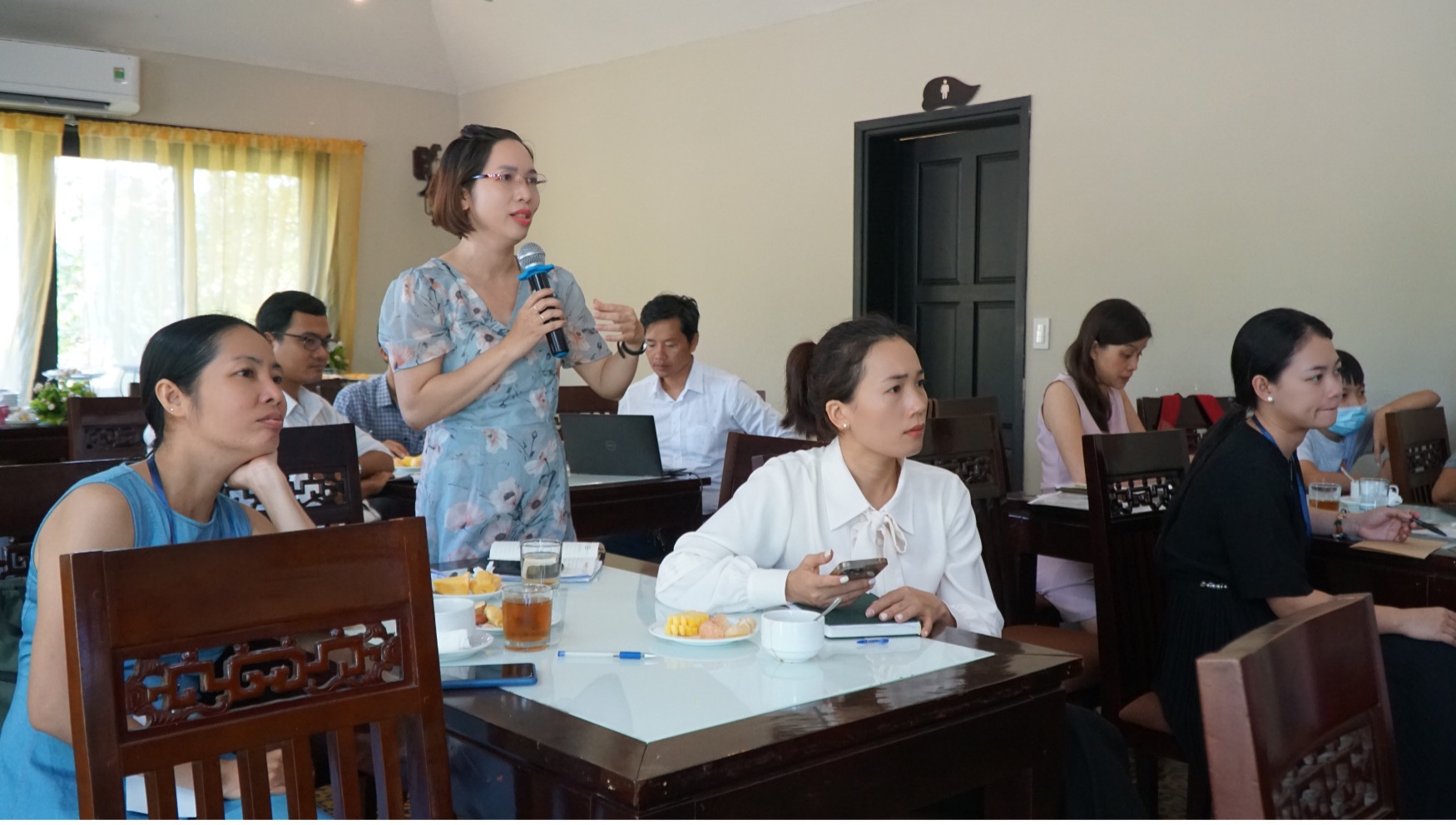
“Businesses need to focus on the roadmap and resources when orienting towards sustainable development. This depends greatly on the development model of the business at the present time. Large manufacturing enterprises, especially those operating in the agricultural sector, which suffer from unpredictable impacts of climate extremes, are looking to scale up and grow. growth), the impact on society as well as environmental problems will be greater, and the balance of sustainable development will be more difficult. Therefore, it is important to have a sustainable development plan and expectation that is suitable for the stage of business development. Applying sustainable production and consumption models, the circular economy is an indispensable requirement of sustainable development in the new context”














